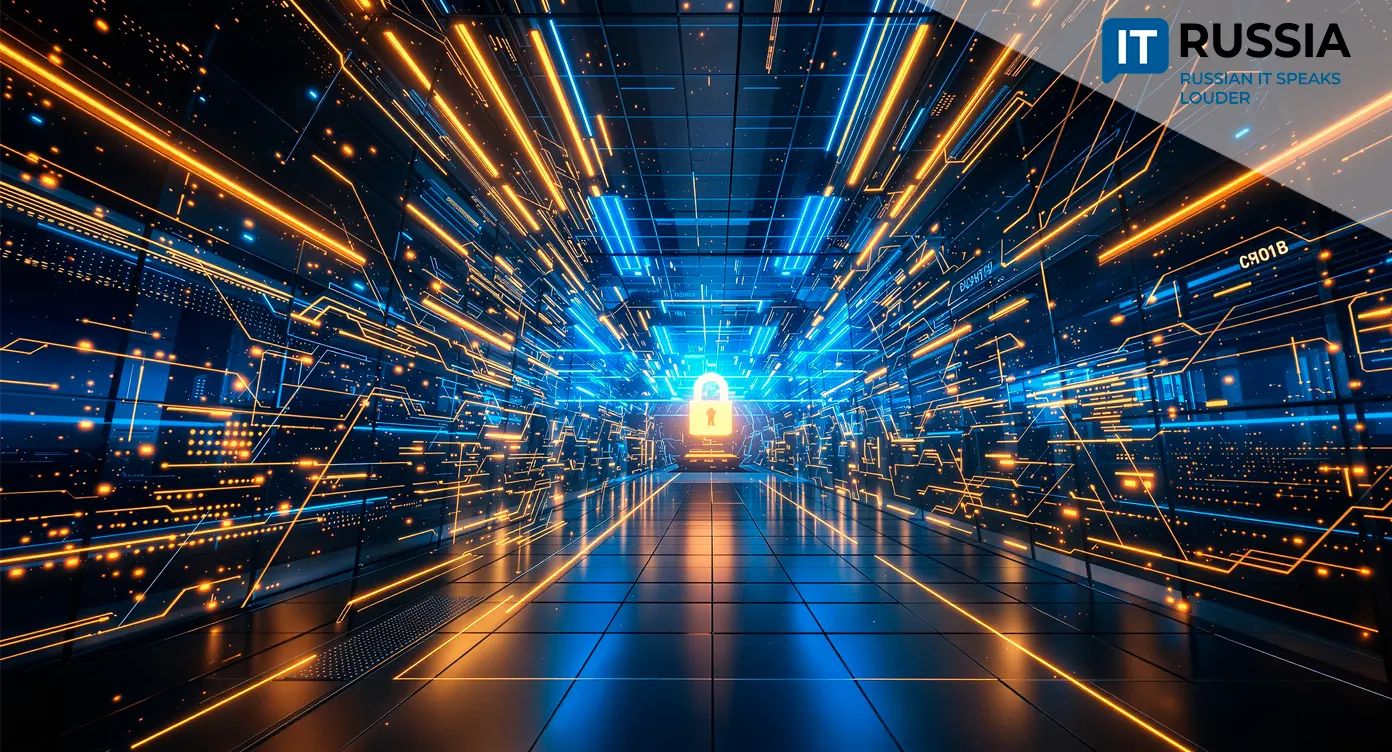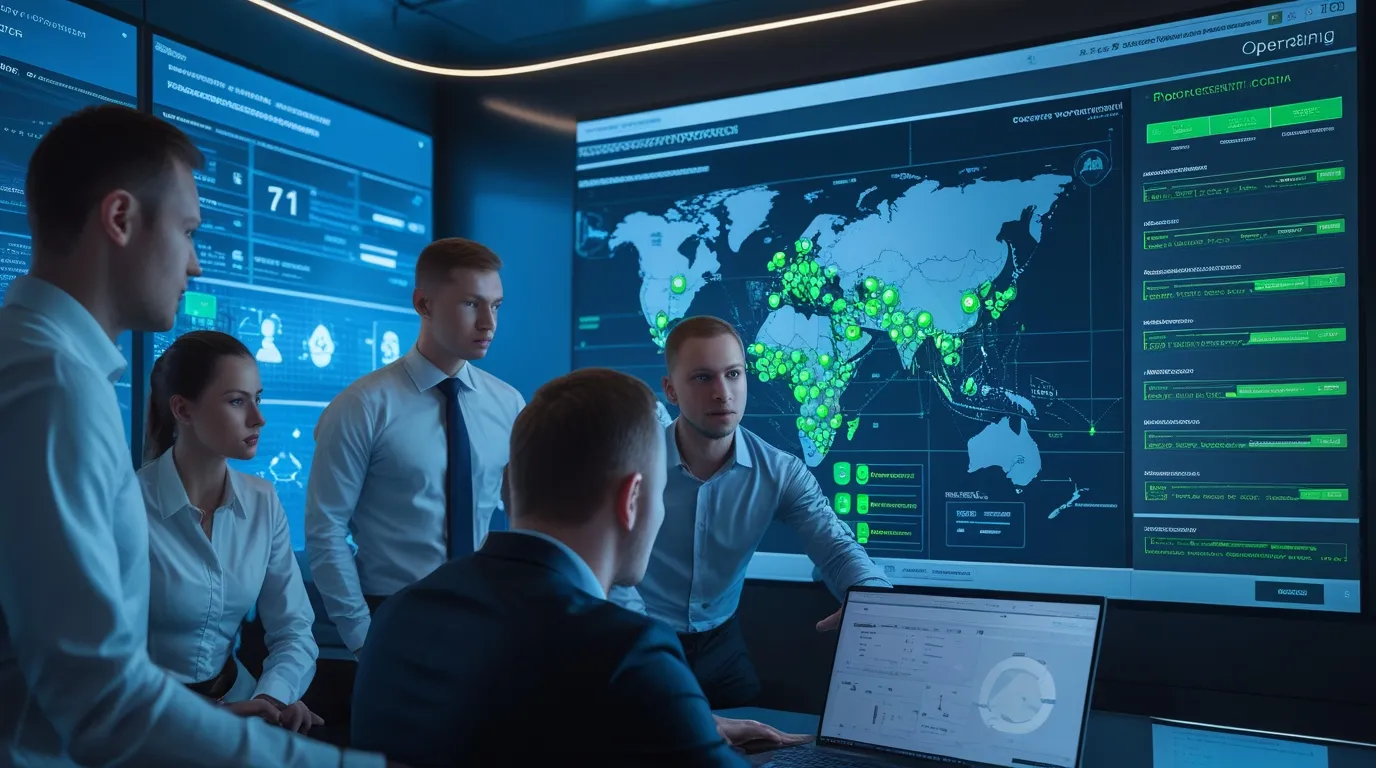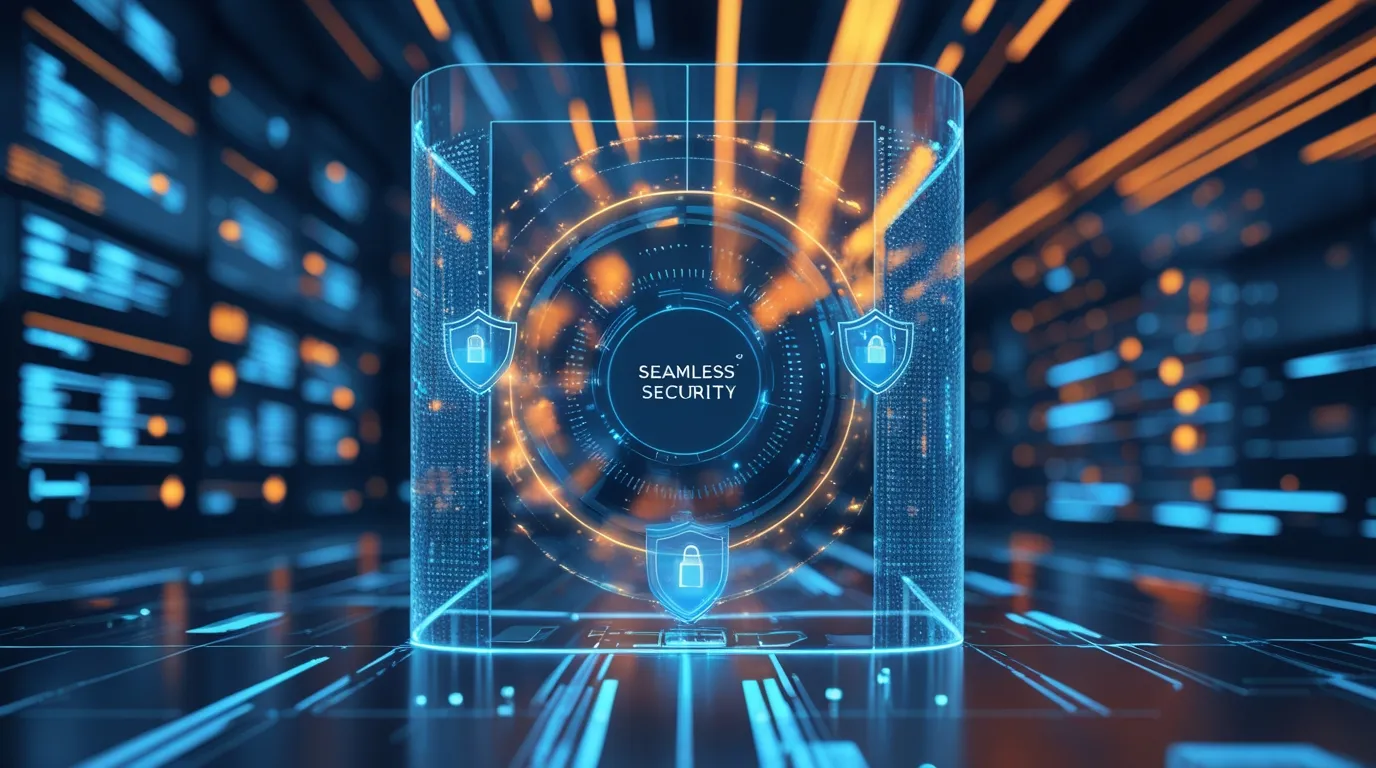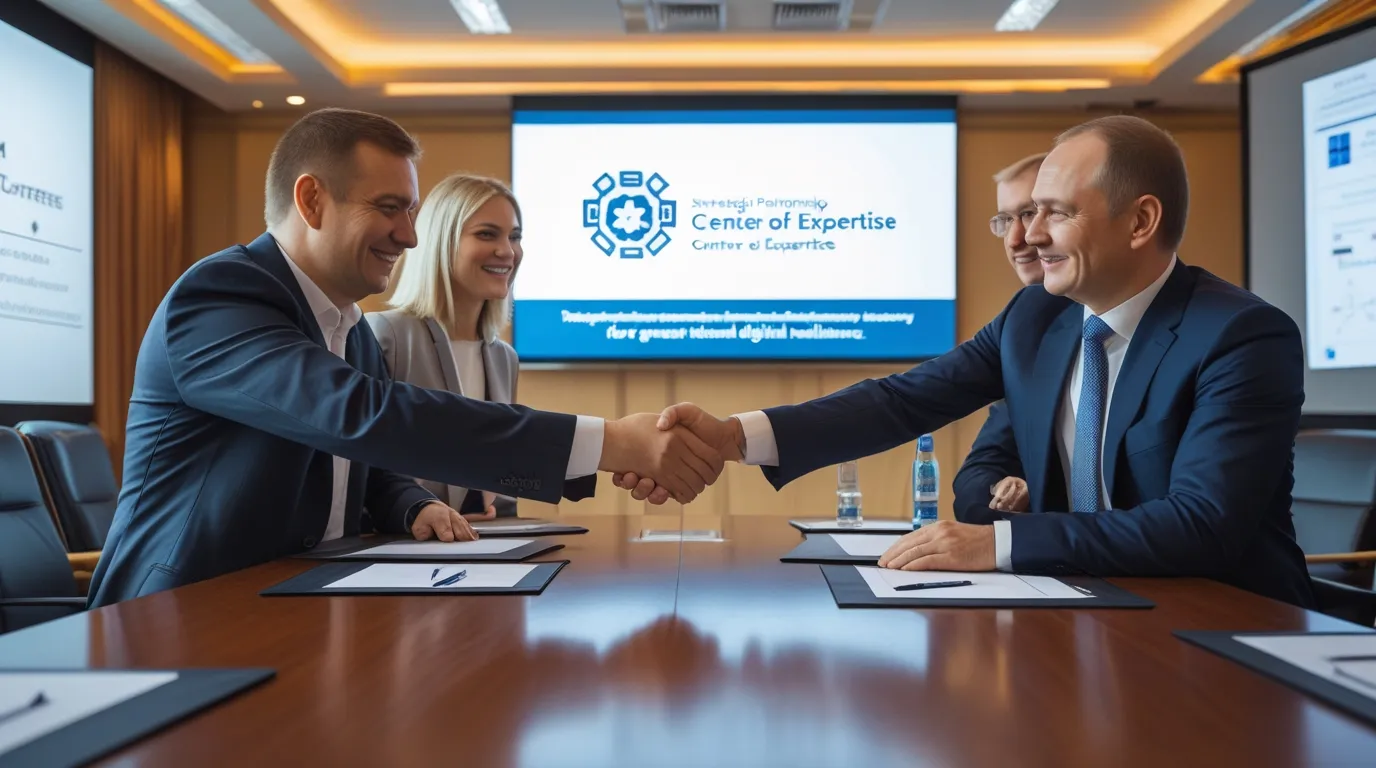Strengthening Digital Sovereignty: Solar and Garda Launch Cybersecurity Expertise Center
Two of Russia’s leading cybersecurity companies, Solar Group and Garda Technologies, have entered a strategic partnership to establish a Center of Cybersecurity Expertise aimed at implementing advanced domestic and international security solutions across key industries — including finance, telecommunications, manufacturing, IT, retail, e-commerce, and media.

Building Resilience Through Collaboration
The newly established Cybersecurity Expertise Center combines the technological strengths and domain expertise of Solar and Garda to design, test, and deploy comprehensive and user-friendly cybersecurity solutions. The collaboration seeks to enhance national resilience in the face of escalating global cyberthreats and will serve as a hub for innovation, standardization, and industry-wide coordination.
According to the partners, the Center will help safeguard Russian citizens and businesses by ensuring higher reliability of digital services, reducing the risk of major cyberattacks and data breaches, and fostering technological independence through the development of domestic, locally adapted cybersecurity tools. It will also stimulate the growth of Russia’s internal cybersecurity services market, create new high-tech jobs, and boost the skills of cybersecurity professionals.

Globally, major cybersecurity vendors have been setting up similar competence centers to address the growing threat landscape. In an era of geopolitical tension and increasing technological fragmentation, nations are prioritizing sovereign cybersecurity infrastructure. The Solar–Garda partnership aligns with this international trend toward digital sovereignty and the development of self-sufficient IT and security ecosystems.
Developing Testing Infrastructure and Export Potential
The Center is expected to focus not only on domestic projects but also on developing export-ready cybersecurity technologies. Its solutions — ranging from SIEM platforms and API protection to video analytics — could be licensed and deployed in markets aligned with Russian standards, especially in countries across the CIS, Asia, and the Middle East.
To succeed internationally, however, products must undergo certification, comply with global security standards, and build customer trust. The Center may become a platform for pilot deployments across key sectors, working closely with government agencies and corporations to provide consulting, auditing, and best-practice standardization.
This integrated model will encourage data-sharing, coordinated threat intelligence, and development of unified testing environments. Ultimately, it could foster a domestic cybersecurity ecosystem that brings together integrators, software vendors, and training institutions under a single strategic framework.
Unifying the Cyber Industry Around Critical Infrastructure
Russia’s cybersecurity sector has seen increasing collaboration between government and private players. In 2022, Rostelecom and its Information Security Center established Solar TZI, a company focused on protecting classified and critical information systems. Solar has since expanded its educational initiatives — for example, by developing intensive cybersecurity programs with the Sirius University of Science and Technology to help bridge the industry’s talent gap, currently estimated at 20,000–50,000 specialists.

Meanwhile, Rostelecom-Solar services have been deployed regionally, such as in Kamchatka, where 13 cybersecurity services were integrated into local government IT systems. Solar’s annual revenue rose by 40%, supported by a growing product portfolio that includes the Solar Dozor DLP suite, NGFW next-generation firewalls, and Solar appScreener development security tools.
By mid-2025, over 20 Russian cybersecurity companies had joined forces to develop 66 projects aimed at creating a cyber-resilient infrastructure for Russian Post — protecting logistics centers, personal data, and critical operational systems. The initiative exemplifies a broader movement toward joint industry efforts in securing national digital infrastructure.

Setting a Standard for Developers and Clients
The Solar–Garda partnership marks a significant step in consolidating Russia’s cybersecurity ecosystem. Its success will depend on the Center’s ability to deliver measurable results — real-world projects, successful implementations, and credible case studies.
In the short term (1–2 years), the Center aims to roll out pilot projects in finance, telecom, and industrial sectors. Medium-term plans (3–5 years) include scaling into consulting, auditing, training, and cybersecurity standard development. In the long run, it could evolve into a national hub for cybersecurity expertise, forming international collaborations and gaining recognition as a trusted authority in the field.










































